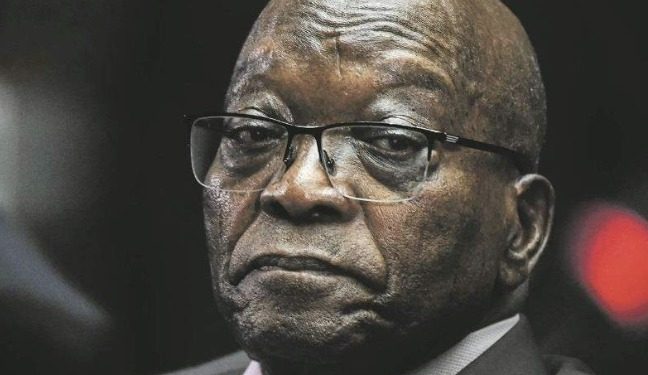Dissenting voices within the MK Party have raised serious concerns about the party’s direction, with members insisting they aren’t abandoning the organization but demanding significant changes in its operations.
In a strongly-worded collective message, the faction declared: *”We are not decampaigning MK Party! We’re unhappy with current developments.”* Their central grievance focuses on leadership approaches, with the striking condemnation that *”MK Party cannot be a family stokvel”* – a pointed critique against what they perceive as exclusionary, self-serving governance resembling a private savings club rather than a political movement.
The discontent stems from perceptions that decision-making has become concentrated among a small circle, marginalizing the broader membership. Critics argue this undermines the party’s founding principles and electoral potential.
“We remain committed to MK’s ideals but won’t accept leadership that treats this as their personal enterprise,” one member told journalists anonymously. The group emphasizes their protest stems from loyalty – wanting to salvage the party’s integrity rather than destroy it.
Political analysts suggest this internal rift reflects growing pains as the party transitions from liberation movement to political entity. The “stokvel” analogy particularly resonates in South Africa’s political discourse, where critics often accuse parties of nepotism and financial opacity.
The MK Party leadership has yet to respond publicly to these allegations. Observers note the coming weeks will prove crucial in determining whether this discontent represents a vocal minority or signals deeper fractures within the former president’s political home.
What remains clear is that these members view their intervention as necessary corrective action. As one supporter stated: “This isn’t rebellion – it’s resuscitation. We’re fighting for the party’s soul before it’s too late.” Their challenge now is converting this dissent into structured reform.






















